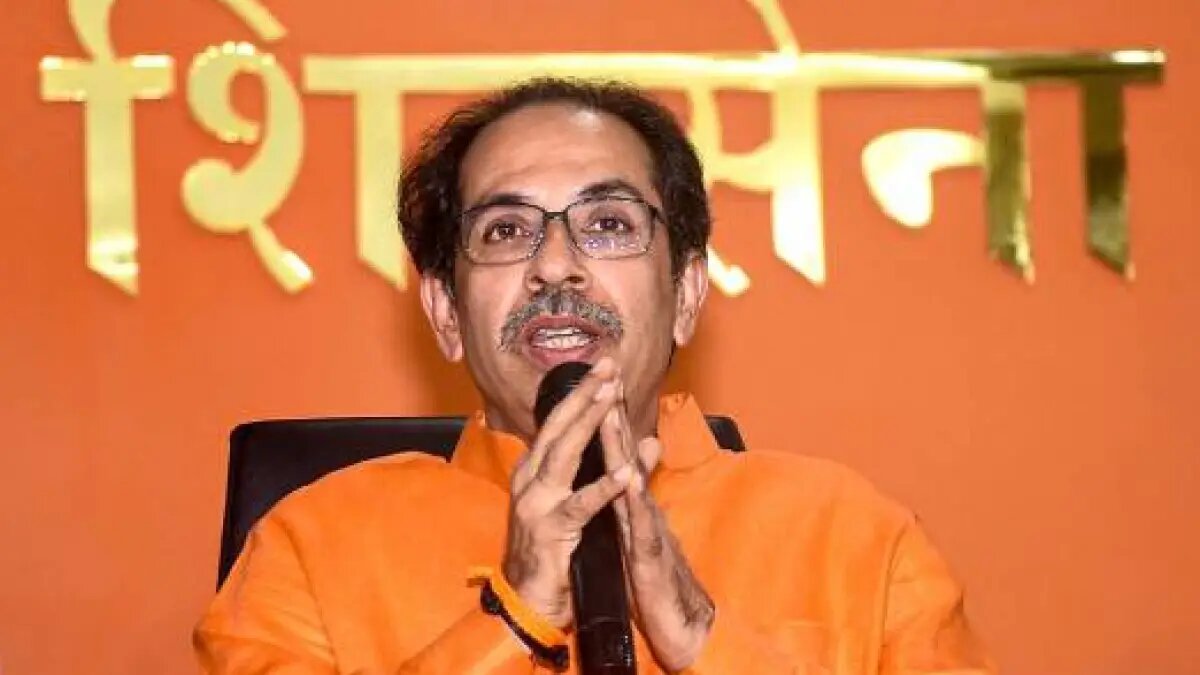Why Uddhav did not face a vote of trust: SC

The Supreme Court observed on Thursday in New Delhi that Uddhav Thackeray’s decision to resign as chief minister before the trust vote could take place prevented a clear-cut conclusion on how the Eknath Shinde faction would have impacted the Maharashtra Vikas Aghadi (MVA) government on the floor of the House, adding that this could be an obstacle for Uddhav if he asks the court to turn back the clock and reinstate him as CM.
Uddhav resigned on June 29 of last year, hours after the apex court declined to halt a floor test ordered by the Maharashtra governor for the next day.
Considering this, a Constitution bench led by Chief Justice of India (CJI) Dhananjaya Y. Chandrachud noted that Uddhav’s June 29 decision precluded determining how his rival camp, led by Shinde, would have behaved within the House.
“Had you faced the trust vote and lost, it would have been evident that the 39 people made a difference, and it would have shown whether or not these 39 swayed the vote… Have you not ruled out this option by avoiding the vote of confidence?” Senior attorney Abhishek Manu Singhvi, who represented the Uddhav side, was questioned by the bench.
Singhvi, for his part, said that because the apex court had declined to delay the floor test despite injuncting the then deputy speaker of the parliament to determine the disqualification petitions against the Shinde faction, the only alternative to humiliation was to retire.
The bench countered, “But, if you had faced the trust vote and lost, it would have been evident how these 39 individuals affected the proceedings. The voting pattern would next assess if these 39 had an impact on the vote for trust.”
Singhvi recognised that Uddhav’s resignation remained a fact, but it must be overlooked that he also urged the Supreme Court to delay the vote of confidence, given that the disqualification had already been stayed.
The bench responded, “The challenge you still have is that if the trust vote had occurred, the conclusion would have been known…Today, you are asking us to turn back the clock, but before a constitutional court can do that, we must be able to see a debatable decision that makes a difference. Whether or not there would have been a difference is ruled out by the fact that you did not face the vote of trust.”
The Constitution bench was considering a number of petitions stemming from last year’s vertical split in the Shiv Sena, as well as legal questions pertaining to the parameters of disqualification proceedings and the authority of the governor and the speaker in their respective areas.
When questioned about the reliefs the Uddhav group is requesting, Singhvi stated that the group is requesting a reversal of the oath taken by Shinde on July 3 as the new chief minister of the state, after Uddhav was forced to quit due to a division in the party. The senior attorney stated that the court should revert to the status quo ante by enabling the deputy speaker to rule on the disqualification petitions against Shinde and the MLAs who support him.
On February 28, the court will resume the hearing of the case. The Shinde side has yet to debate the issue.
The Constitution bench is seized of a number of petitions filed by Shinde and Thackeray factions regarding disqualification proceedings against the MLAs of both camps, the election of Rahul Narwekar as the new Speaker, the recognition of a new party whip for Shiv Sena, and the governor’s directive to Thackeray for proving majority on the floor of the House and then inviting Shinde to form the new government in the state.
In June of last year, Shinde and a group of Shiv Sena legislators supporting him broke away from the Uddhav faction. With the future of the Shiv Sena-led MVA government in Maharashtra at jeopardy, the then-vice-speaker requested that the rebels answer to a notice of disqualification from the party (there was no Speaker of the house at the time). But, some dissident MLAs had already filed a petition seeking the dismissal of the deputy speaker. Invoking precedent from a 2016 case, the court requested on June 27 that the deputy speaker grant the legislators until July 12 to answer to the disqualification notice.
This meant they might have voted against the government in the June 30 vote of confidence convened by the governor. Thackeray resigned as chief minister prior to the vote of confidence, and Shinde and his MLAs, supported by the BJP, created an alliance administration.
In the current proceedings, the Uddhav camp has requested a reconsideration of the 2016 judgement upon which the court relied in June of last year. The court has stated that it cannot decide whether to request a seven-judge bench to review this case law until it examines the arguments in the current case.



